Even before the birth of the Communist Party of India (CPI) in the late 1920s, Indian communists had started to grapple with the question of what attitude they should adopt towards the national bourgeoisie i.e., the Indian capitalist class and its political representatives.
At the second Congress of the Communist International, Vladimir Lenin, leader of the Bolshevik Revolution, had put forward his formulation that communists in colonial countries should forge a united front with national liberation movements led by the national bourgeoisie. Manabendra Nath Roy, a Bengali communist who attended the international communist gathering as a Mexican delegate (there was no communist party in India at that time), had the courage to challenge Lenin and put forward his alternative thesis that communists should build their independent movements to safeguard the interests of the working people.
Indian communists have not been able to resolve this dilemma and the Communist Party of India split on this issue in 1964 when 32 members of its National Council staged a walkout and formed the CPM. These leaders were critical of the official line of aligning with the Congress.
Today, the CPM itself is facing a sort of existential crisis over the same issue. On Monday, Jagmati Sangwan, general secretary of its women’s wing, the All India Democratic Women’s Association (AIDWA), walked out of the party’s central committee meeting because the party was not willing to criticise the West Bengal leadership for having “violated” the party line of not forging an electoral alliance with the Congress.
As she was announcing her decision before the media to resign not only from the central committee but also from the primary membership of the CPM, word came that she had been summarily expelled for “gross indiscipline”. She was yet to tender her resignation in writing and she was not given a chance to explain her conduct as was earlier given to party stalwart and Lok Sabha Speaker Somnath Chatterjee. In communist parties, the unwritten rule is that members are not allowed to resign. They are expelled.
Was Jagmati Sangwan wrong in demanding that the West Bengal state unit be censored and action be initiated against it? No, not technically.
In May last year, the 21st party Congress, the highest decision-making body of the organisation, had laid down the political-tactical line for the next three years in an unambiguous manner: “While the main direction of the struggle is against the BJP, the party will continue to oppose the Congress. It has pursued neo-liberal policies and it is the Congress-led UPA government’s anti-people policies and massive corruption, which helped the BJP to acquire popular support. The party will have no understanding or electoral alliance with the Congress.” However, having been associated with the CPM for the past 30 years, she should have known how the party leadership adopts different standards for different people.
In 2012, the CPM had resurrected its old theory of maintaining equal distance from both the Congress and the BJP. This propelled it to roam the country in search of a third front which it preferred to call “third alternative”. The party tried to cobble up an eleven-party “third alternative” that collapsed even before the 2014 Lok Sabha elections could take place. These elections witnessed the worst ever results for the Left parties whose strength came down from 24 to just 10 seats.
However, the leadership took an inordinately long time to own up responsibility for the defeat. Similarly, for the worst ever performance in West Bengal assembly elections held in April-May this year, no responsibility has been fixed. The central committee has merely said that the decision to forge an electoral alliance with the Congress was “not in consonance” with the party’s political-tactical line.
The Jagmati Sangwan episode is symptomatic of the deep malaise that had set in the CPM long ago. The party leadership continues to make appropriate noises about spreading the organisation’s wings in the Hindi-speaking region, but actually does nothing to realise this goal. And when it stirs out of its inaction, it expels popular leaders like Jagmati.
The CPM claims that it functions on the principle of democratic centralism where the lower party committee has to obey the higher committee, and that there is no room for either individualism or factionalism in it. However, the reality is very different. Its Kerala unit is vertically divided into two perpetually warring factions led by the state party secretary and newly-anointed Chief Minister Pinarayi Vijayan and its most popular mass leader VS Achuthanandan. Vijayan is well known for pursuing the same neo-liberal policies that the CPM pretends to oppose at the national level.
Till some time ago, communist leaders used to enjoy tremendous respect and admiration even among those who did not agree with their views because they used to lead simple, spartan lives and had spent a lifetime in mass struggles. However, the present leadership is singularly bereft of such leaders who can inspire and attract the youth by their idealism and action. The Indian Left has successfully critiqued the neo-liberal economic policies, but it has not been able to put forward an alternative set of workable economic policies.
This is the reason why the Left Front government headed by Buddhadev Bhattacharjee in West Bengal floundered and collapsed. The CPM has also been utterly unsuccessful in keeping criminal elements away from its organisational-political structure. When power slipped from its hands in West Bengal, the criminals as well as fringe supporters overnight switched their loyalty en masse to Trinmool Congress and made their erstwhile political masters the target of their physical attacks. In Kerala, some CPM leaders face criminal charges of plotting the murder of dissident leader TP Chandrasekharan. Vijayan himself was embroiled in corruption cases.
In view of the central leadership’s inability to rein in factional feuds in the Kerala unit, and the open defiance of the party line by the West Bengal unit, it’s ironical that it has come down with a sledgehammer to muffle the voice of its most popular woman leader in the Hindi-speaking region. In this context, it may be recalled that the CPM had resolved at its Salkia Plenum, held in 1978, that it would make special efforts to increase its strength in the Hindi-speaking region. In pursuance of this decision, the party headquarters were shifted from Calcutta (now Kolkata) to Delhi and two weekly party organs in Hindi and Urdu were launched from the national capital.
Yet, popular leaders in Rajasthan, Punjab, Haryana, Uttar Pradesh and Bihar were being continuously ignored, thus leading to considerable depletion in the party’s influence as well as membership. Alarmed at this, the party held a two-day special convention in Delhi in 2005 to highlight the need to spread influence in the Hindi belt. Yet, nothing happened during the past 11 years to raise its spirits. Expulsion of popular mass leaders such as Jagmati Sangwan is going to dent its image and strength further in the Hindi-speaking areas, especially Haryana, where she has been active for the past three decades.
After the collapse of the so-called socialist camp led by the erstwhile Soviet Union, and the emergence of state capitalism in China and Vietnam, communist parties all over the world have been facing a crisis as they have not been able to come up with new dreams to sell to the aspirational middle class youth that used to provide it with intellectual leadership. So far as the deprived sections of the society are concerned, Indian communist parties have been singularly unsuccessful in charting out an agitational path and launching inspiring struggles. Merely offering a critique of the government’s neo-liberal policies is not going to work with today’s youth.


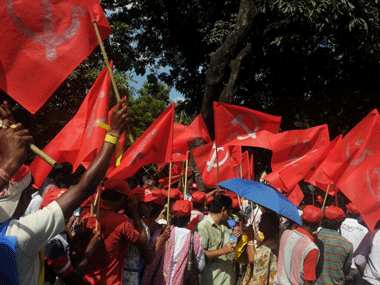)




)
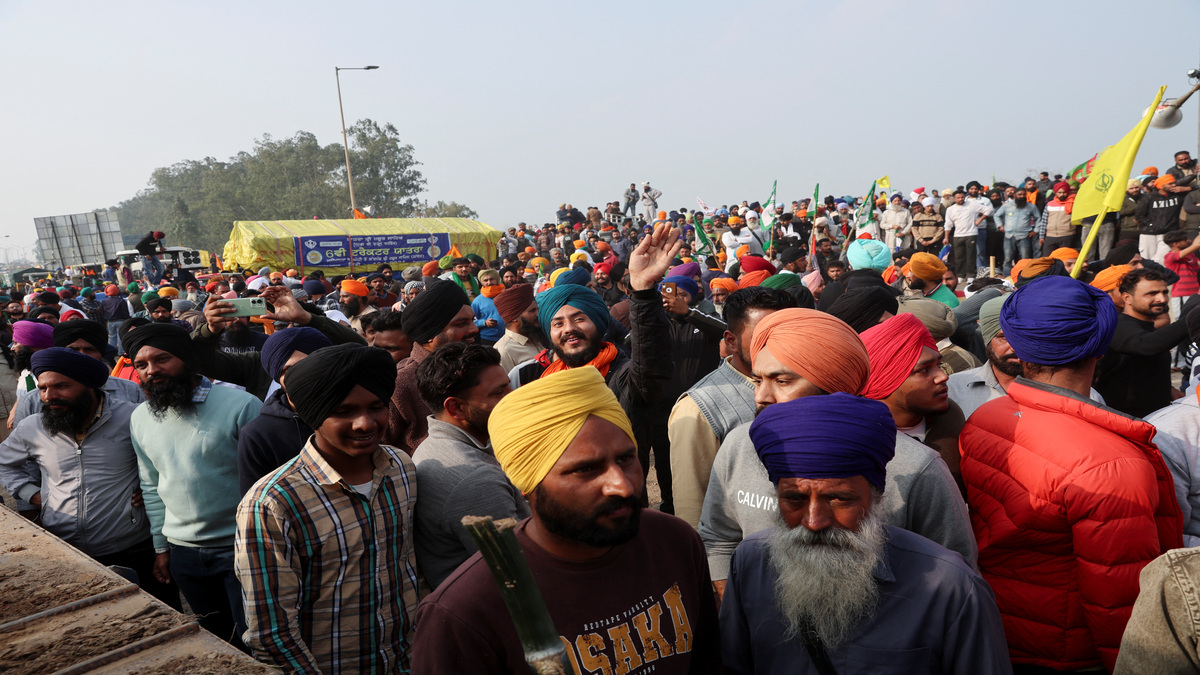)
)
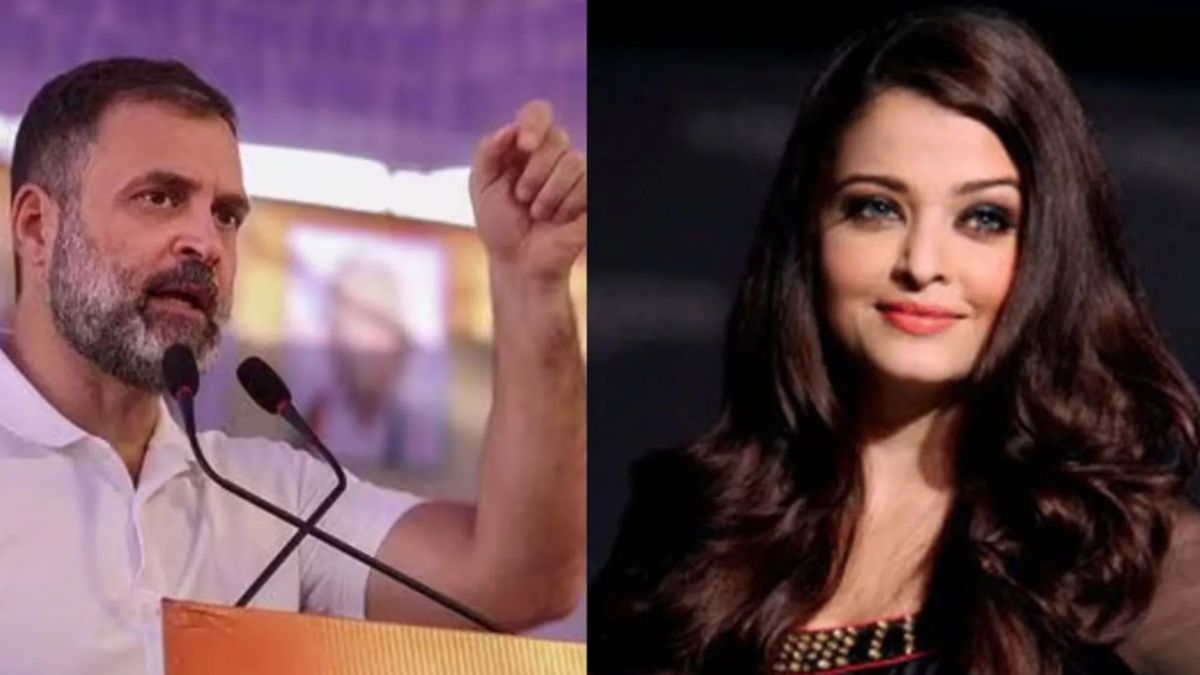)
)
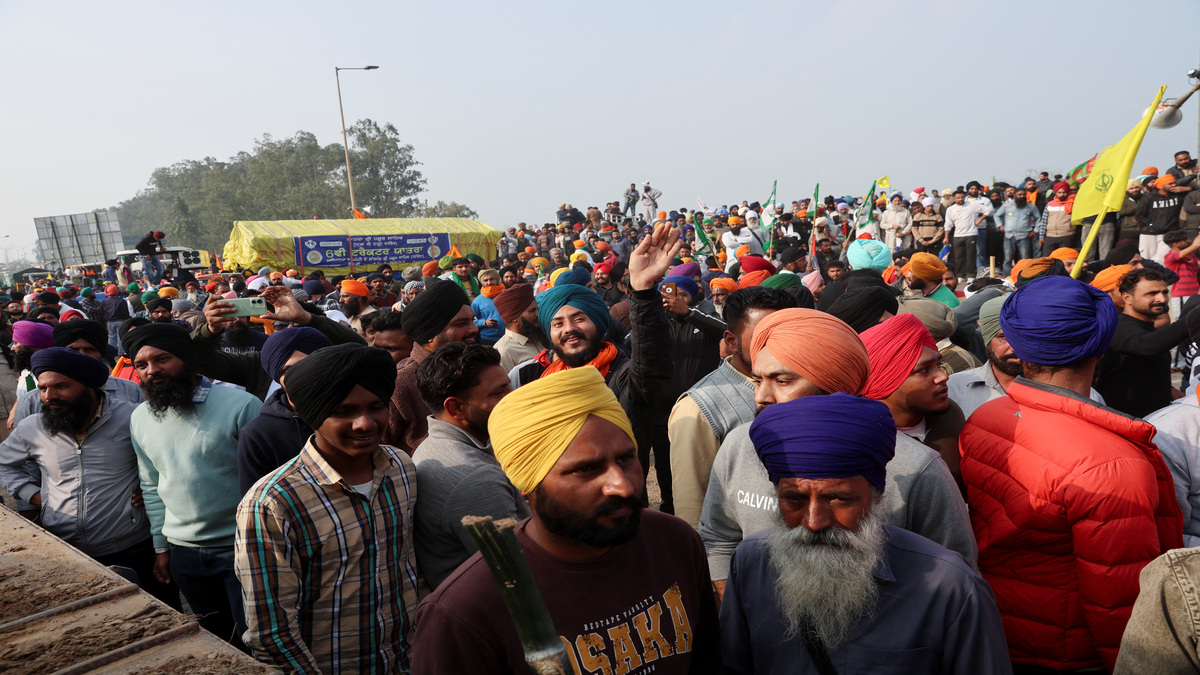)
)
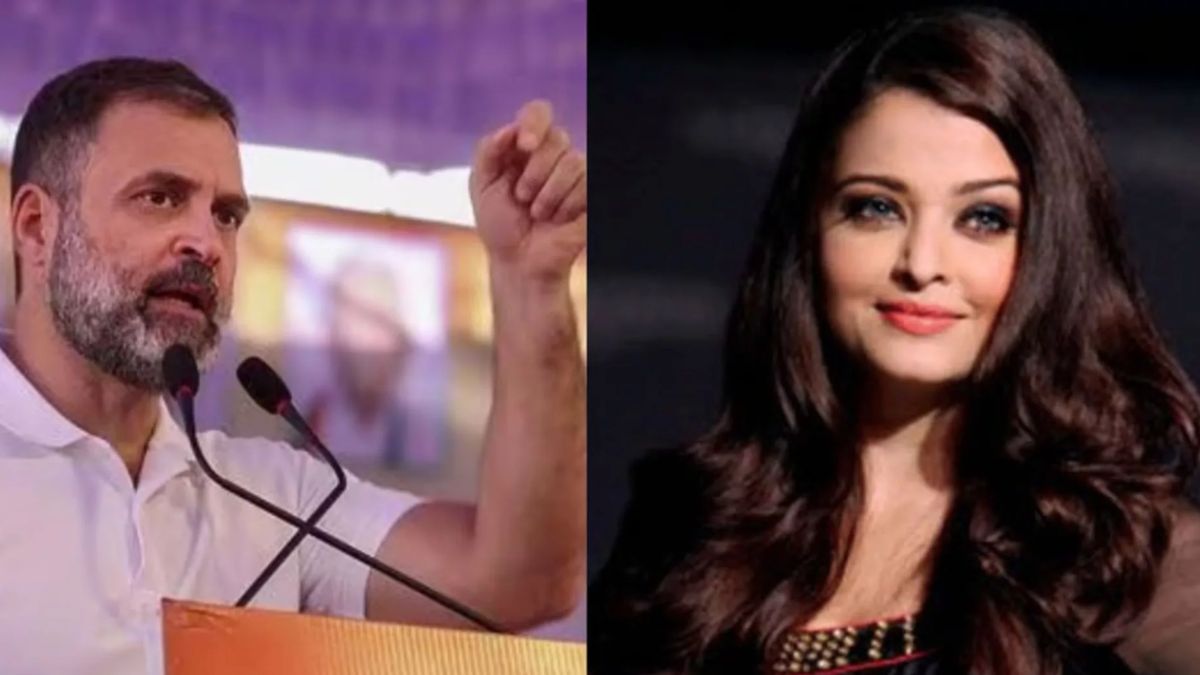)